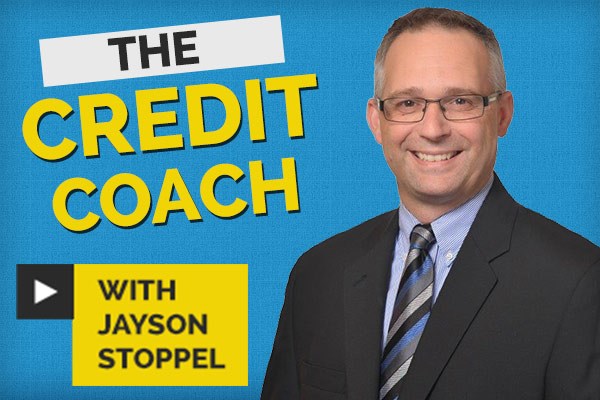Blog #1 - Spending and Shopping Habits
Over the past several months readers of this blog will have noticed some recurring themes. In my last post, Credit Coach: Blog Recap, I revisited several of my previous blogs about credit, finance, budgeting, filing a consumer proposal and the personal bankruptcy process. A review of those entries left me wondering — now that I’ve covered the basic budgeting tips and tricks, it would be beneficial to take the next step and provide you will information to help you boost those skills and techniques.
Once you have taken control of your finances with a budget, or you’ve filed a proposal to get on top of your debt, there’s one key ingredient that can boost your budget balancing skills: address any of your actions that put you into debt in the first place. This blog will provide information on spending and shopping habits. Let’s face the hard facts of budget balancing and debt — if we strip away life’s unforeseen events, the biggest issue we all face in balancing a budget is our shopping and consumption patterns.
In planning your budget and managing your debt I would like for you to consider the following tips on shopping and consumption patterns:
Understand the difference between wants and needs
The internet, slick marketing and peeking over the fence into our neighbour’s yard can damage a budget. One key to managing your finances is to manage the pull between wants and needs. Consider what happens when you shop for a car or truck. If you are like most, you likely need safe reliable transportation. You might want the new model year, fully loaded extended cab truck, but your budget only allows for what you need — a used car, possibly with a smaller engine and no navigation system. A number of individuals I work with as a Licensed Insolvency Trustee face debt problems and even the possibility of a personal bankruptcy because they did not manage the pull between wants vs. needs.
Resist the urge to splurge by planning large purchases. Identify the need you have in the household, then flesh out the purpose of your purchase before you head to the store. When doing your research, it is also helpful to write down the wanted, but necessary, features of an item. When the salesperson asks you if you have considered an add-on option, you’re aware of which options will be useful and which are unnecessary. By taking the time to plan wants versus needs you will make a more informed budget-approved decision.
Make a list – for everything
Whether you’re heading out for groceries, starting a home renovation or a planning a vacation, before you buy make a list of needs and bring it with you for reference. Having a plan helps you to avoid an impulse purchase, having a list helps you avoid buying duplicates at the store and having a list helps you avoid the up-sell when speaking with the agent or shop owner about your purchase. One other added advantage of making a list and planning your purchases is you are generally quicker through the store.
Price watch and comparison shop
The power of the internet can be overwhelming. The fear of missing out and slick pop-up ads are budget busters. If you are aware of these traps before you shop online the internet can be a great place for price watching and comparison shopping. Online grocery store flyers will give you a leg up on the shopper that just happens to wander into the store because its close. Good deals on staple items like peanut butter, coffee and breakfast cereal are often used to bring customers in. Be aware and be ready, and stock up when the time comes. Over the course of a year a dollar saved here and there can really add up.
Post seasonal vs. pre-seasonal shopping
If you are like most (and you no longer are like most if you have been following along with the Credit Coach), no minute is more hectic or productive than the last minute. Unfortunately, the last minutes can also be costly. Many holidays on the calendar are annual events, so planning for next year is not only possible, it’s a great idea. Although you might not be able to pre-purchase all your gifts due to changing sizes, tastes and styles of the recipient, you can stock up on items like holiday wrap, decorations and seasonal cards. Take advantage of the dollar store, or post-holiday sales at pop-up style holiday shops. Once the holiday is over, these stores generally discount merchandise heavily, as “unloading” the stock is usually always cheaper than shipping it or storing it. This same is true for seasonal purchases such as snow shovels, garden tools and barbeque supplies.
It’s relatively simple. Once you have a budget, build on the skills necessary to make it a success, plan your purchases, make some lists and be wary of tacking on a pricey pack of unnecessary wants to a much needed purchase. “Budget Boosted Not Busted”
Jayson Stoppel is a Licensed Insolvency Trustee and Chartered Accountant with BDO First Call Debt Solutions. With over 15 years in practice, Jayson assists individuals, families and companies with financial difficulties in Thunder Bay and throughout Northwest Ontario. To reach Jayson by email: [email protected]

